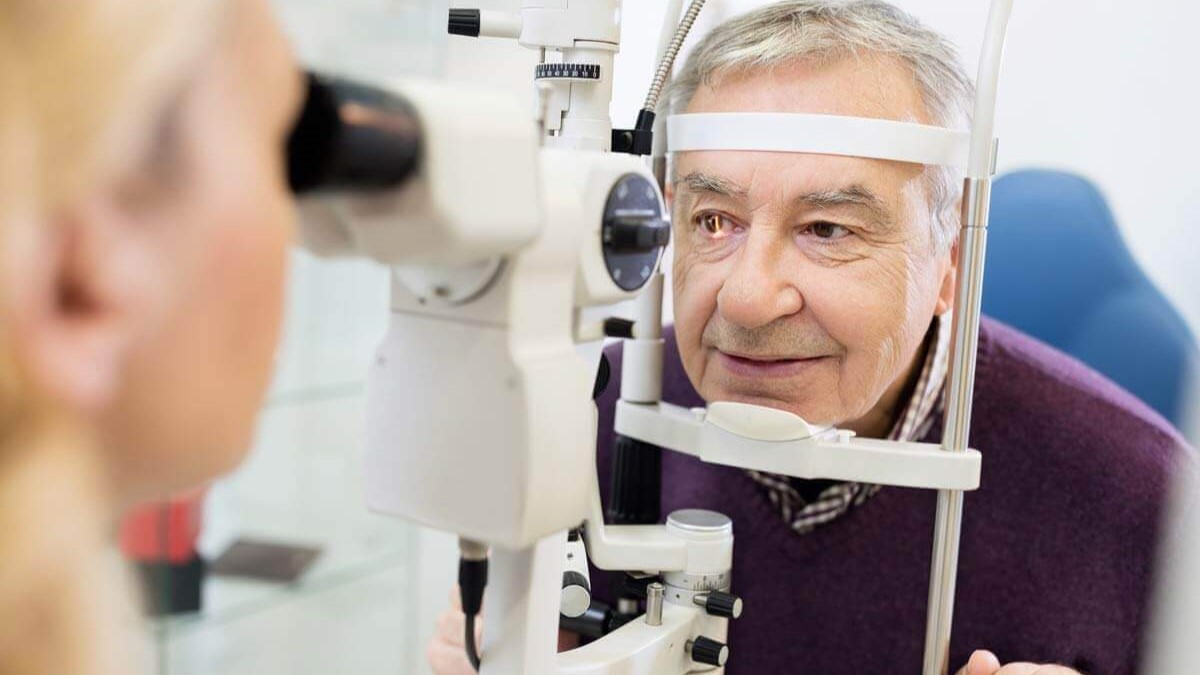If you’re 65 or older, regular eye exams are essential to prevent and treat eye conditions that become more common with age, including cataracts, glaucoma, age-related macular degeneration, and diabetic eye disease. However, does Medicare cover eye exams? Read on to find out.
Why are Eye Exams Important?
Eye exams are important as they provide early detection of common eye conditions associated with aging as well as for other illnesses such as diabetes, high blood pressure, autoimmune diseases, sexually transmitted diseases, and cancers.
Vision problems can develop with no physical symptoms so the best way to protect your vision is to detect issues early with regular eye examinations as the earliest stage of the problems are usually the most treatable.
In an eye exam, your eye doctor will run a series of tests to check the health of your vision and look for eye diseases. This generally includes a check of eye muscle coordination, peripheral vision, pupil response to light, color testing, eyelid health and function, review of optic nerves, and measurements of fluid pressure in the eye.
Does Original Medicare Cover Eye Exams?
Original Medicare typically only covers medically necessary services and does not cover routine vision care such as eye exams (sometimes called “eye refractions”) for eyeglasses or contact lenses. You will typically be responsible for 100% of the expenses related to these services and supplies.
However, Medicare Part B (Medical Insurance) will cover:
- A yearly diabetic retinopathy exam for people with diabetes.
- A yearly glaucoma test for people at high risk (defined as someone who has diabetes, has a family history of glaucoma, is African American and age 50 or older, or is Hispanic and age 65 or older).
- Certain diagnostic tests and treatment for eye diseases and conditions if you have age-related macular degeneration (AMD)
For these services, Part B will cover 80% of the costs and you will be responsible for the remaining 20%. If you have not yet reached your annual Medicare Part B deductible, you will also need to cover this before Medicare coverage kicks in.
Medicare will also cover cataract surgery and glaucoma treatment as these are deemed medically necessary treatments.
Does Medicare Advantage Cover Eye Exams?
Medicare Advantage plans may offer coverage for routine vision care. Medicare Advantage plans, also known as Medicare Part C, are “all-in-one” packages that include Part A, B, and sometimes D (drug coverage) as well as extra benefits that may not be covered by Original Medicare including vision, hearing, and dental care.
In 2023, 99% of Medicare Advantage plans include vision coverage. Many plans include vision care with no extra or limited out-of-pocket costs for eye exams and in some cases for frames, lenses, and contacts as well.
Prices and services that are covered range depending on the plan you choose.
Does Medigap Cover Eye Exams?
As Medigap plans (also known as Medicare Supplement) are used to supplement Original Medicare, it also does not provide any coverage on routine vision care.
Medigap will only cover costs for what Original Medicare covers so you may be able to receive coverage for diabetic retinopathy exams, glaucoma tests, and macular degeneration tests and treatments. Coverage will depend on the type of Medigap plan you have purchased.
Final Words
Original Medicare does not cover routine eye exams except for select circumstances where it is deemed medically necessary. This means that they will not cover eye exams for glasses or contacts but, will cover eye exams if you have a serious medical issue like diabetes or are at high risk for glaucoma. However, Medicare Advantage plans often provide vision coverage (98% of plans in 2022 have an eye exam and glasses coverage), however, the availability of these plans will depend on the area you live in.
At CoverRight, we’re here to help you find the right coverage that you deserve. Reach out today and start finding the best Medicare plan for you.


